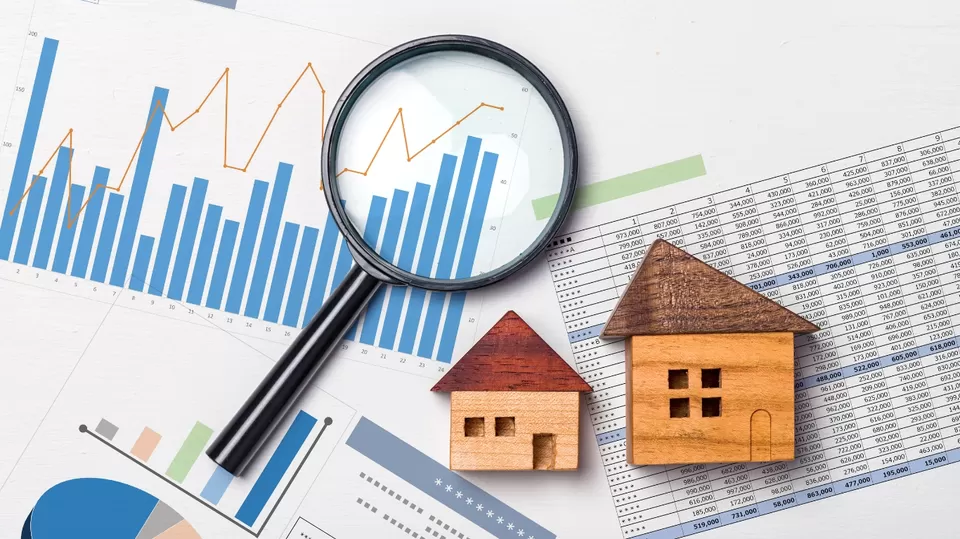
Commercial appraisals have evolved significantly over time, driven by changes in regulatory standards, market practices, and technological advancements. This article explores the evolution of commercial appraisal standards and practices and their impact on the real estate industry.
Historical Development of Appraisal Standards
The modern appraisal profession traces its roots to the early 20th century, with the establishment of professional organizations such as the Appraisal Institute in the United States. These organizations laid the foundation for standardized appraisal practices and ethical guidelines.
Regulatory Influences on Appraisal Standards
Regulatory changes, such as the Dodd-Frank Act in the United States, have had a profound impact on commercial appraisals standard. The legislation introduced stricter guidelines for property valuations, aiming to enhance transparency and reduce risk in the financial sector.
Technological Advancements in Appraisal Practices
Advancements in technology, such as geographic information systems (GIS) and automated valuation models (AVMs), have transformed appraisal practices. These tools enable appraisers to analyze market data more efficiently and accurately, improving the reliability of property valuations.
Current Standards and Best Practices
Today, commercial appraisers adhere to rigorous standards set by professional organizations and regulatory bodies. Standards such as the Uniform Standards of Professional Appraisal Practice (USPAP) ensure consistency, objectivity, and ethical conduct in appraisal assignments.
Challenges and Opportunities in Appraisal Practices
The appraisal profession faces challenges such as data privacy concerns, evolving market conditions, and the need for continuous professional development. However, these challenges also present opportunities for appraisers to innovate and enhance their practices.
Future Trends in Commercial Appraisal
Looking ahead, commercial appraisers are likely to embrace new technologies, expand their scope of services, and adapt to regulatory changes. The demand for accurate and reliable property valuations will continue to grow as global markets evolve.
Conclusion
The evolution of commercial appraisal standards and practices reflects the dynamic nature of the real estate industry. By embracing technological advancements, adhering to regulatory standards, and maintaining ethical practices, commercial appraisers can uphold their role as trusted advisors in property valuation. Understanding these developments is essential for stakeholders navigating the complexities of real estate investments and transactions.













